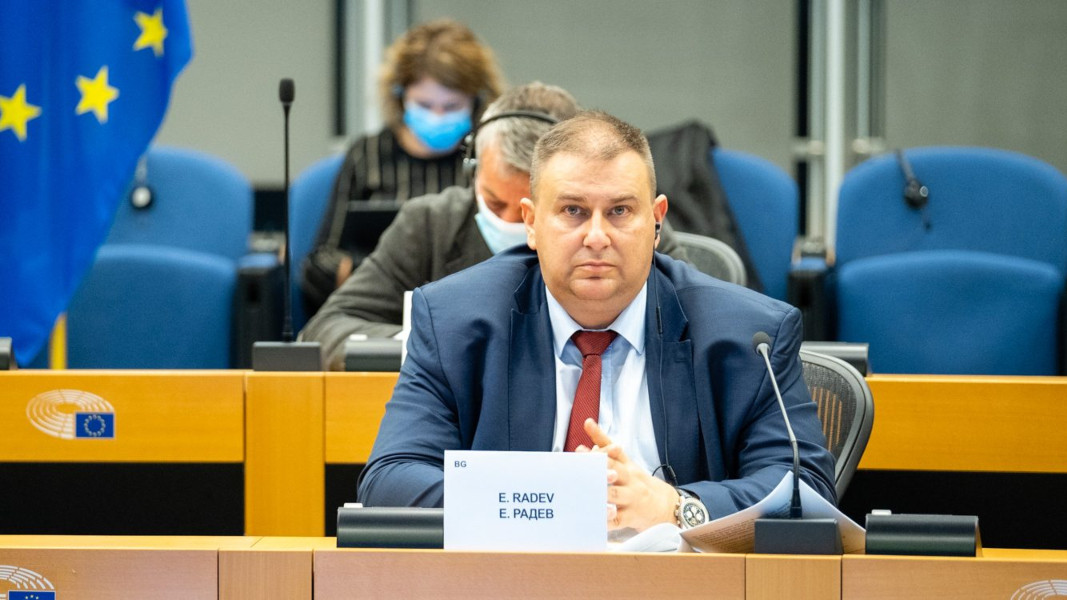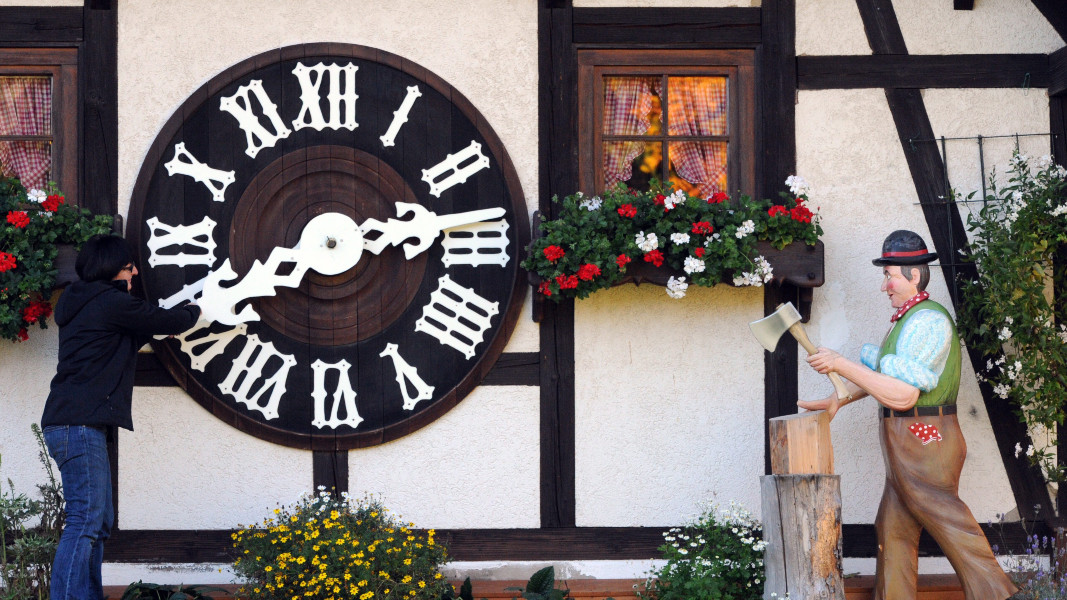Already in 2018, the European Commission proposed to put an end to the change of summer and astronomical time, in accordance with the will of 4.6 million European citizens who participated in a poll on the subject. The EC also received support for this decision in the European Parliament, where with 410 votes "for", 192 votes "against" and 51 votes "abstentions", it was accepted that the countries that will prefer to keep the standard (winter) time can change their clocks for the last time on the last Sunday of October 2021. However, in practice this did not happen.
At the end of October, we once again moved our clocks one hour back to switch to winter time. In fact, 48% of Bulgarians prefer Bulgaria to stay at this time all year round, and 32% feel better with the daylight savings time - according to a 2018 sociological survey by the Exacta agency. People over 59 years of age and those living in the countryside are firm supporters of winter time. Daylight-saving time is preferred by residents of the capital and big cities.

Each EU member state is expected to decide for itself which time it prefers. But until that happens, at least for now, we Bulgarians and the rest of the Europeans continue to turn back the clocks twice a year.
"The economic consequences of the change in the time are not as significant as those on people's health. Cardiovascular problems increase when the time changes, 40-45% of European citizens suffer from insomnia after the time change and they need a month to adapt to the new time”, notes Bulgarian MEP Emil Radev. “Adjusting to the new clock time also affects people's labour productivity. All this leads us to the conclusion that we need to rethink the time change, as the benefits far outweigh the potential harms. When it comes to health, we cannot and should not make any compromises”.

Indeed, the consequences that the human body suffers when the time changes twice a year are many, with fatigue and lack of sleep being their most frequent manifestations. Cardiologists claim that with the change of time, the number of heart attacks increases, and insomnia is one of the main causes of them. Chronic lack of sleep also leads to weight gain and cardiovascular diseases.
"There are people who are more prone to the so-called seasonal affective disorder (a tendency to depression) right at the change of seasons and the transition to winter time, since sunlight is also directly related to the hormone of happiness - serotonin, and in winter it is more limited”, neurologist Dr. Diana Dechovska noted on the occasion of the return to winter time. “In such moments, we most often have no mood, no energy and feel unwilling to do our daily tasks. This type of depression often triggers an uncontrollable desire for food, that is, it also leads to obesity and the risks associated with it," Dr. Dechovska explained to BTA.

A healthy diet, hydration of the body, good sleep, physical activity and, if possible, more time in the sun will help us cope with the clock change more easily.
Whether and when the suspension of the time change will become a fact - we have yet to find out. In order to continue the discussions on the topic within the EU, it must be put on the agenda by the rotating president of the EU Council. The last such debate was held in the second half of 2019, during the Finnish Presidency.
Photos: BGNES, emilradev.com, EPA/BGNES
Security cameras captured a bear in a residential neighborhood of the town of Karlovo a few days ago. The predator came down to the houses in the northern part of the town and walked calmly along the streets until it was startled by a passing car...
The Day of the Christian Family is an annual event that brings Bulgarians in Hamburg together. 2025 is no exception, with invitations having been circulating on social media for some time, as this year marks the 20th anniversary of the establishment of..
Kosovo is heading for early elections after nine months of failed attempts to form a government Kosovo President Vjosa Osmani has dissolved Parliament, Koha Ditore reports. This decision came after the proposed cabinet, put forward by Glauk..

+359 2 9336 661
